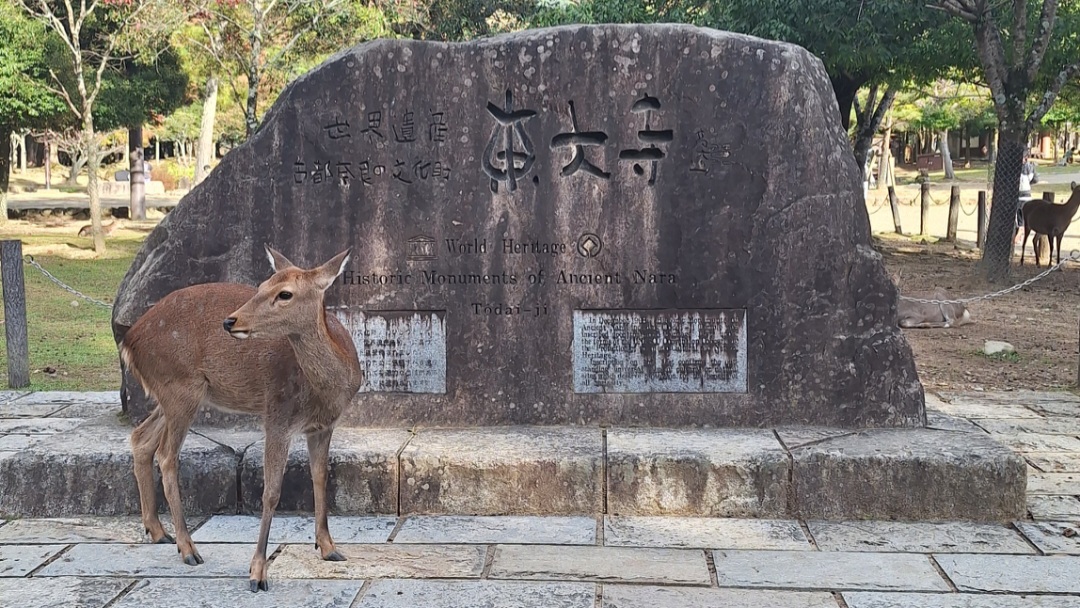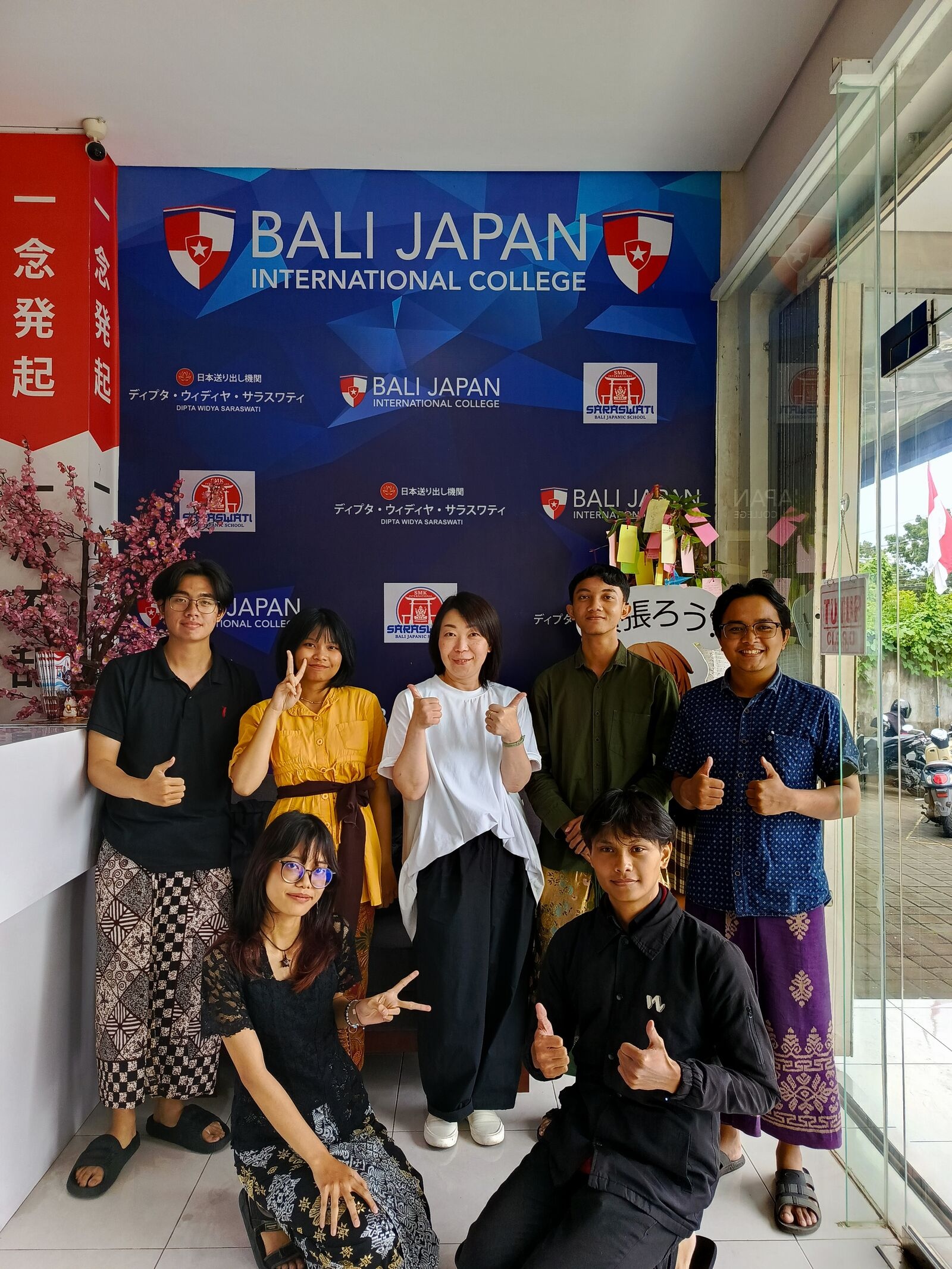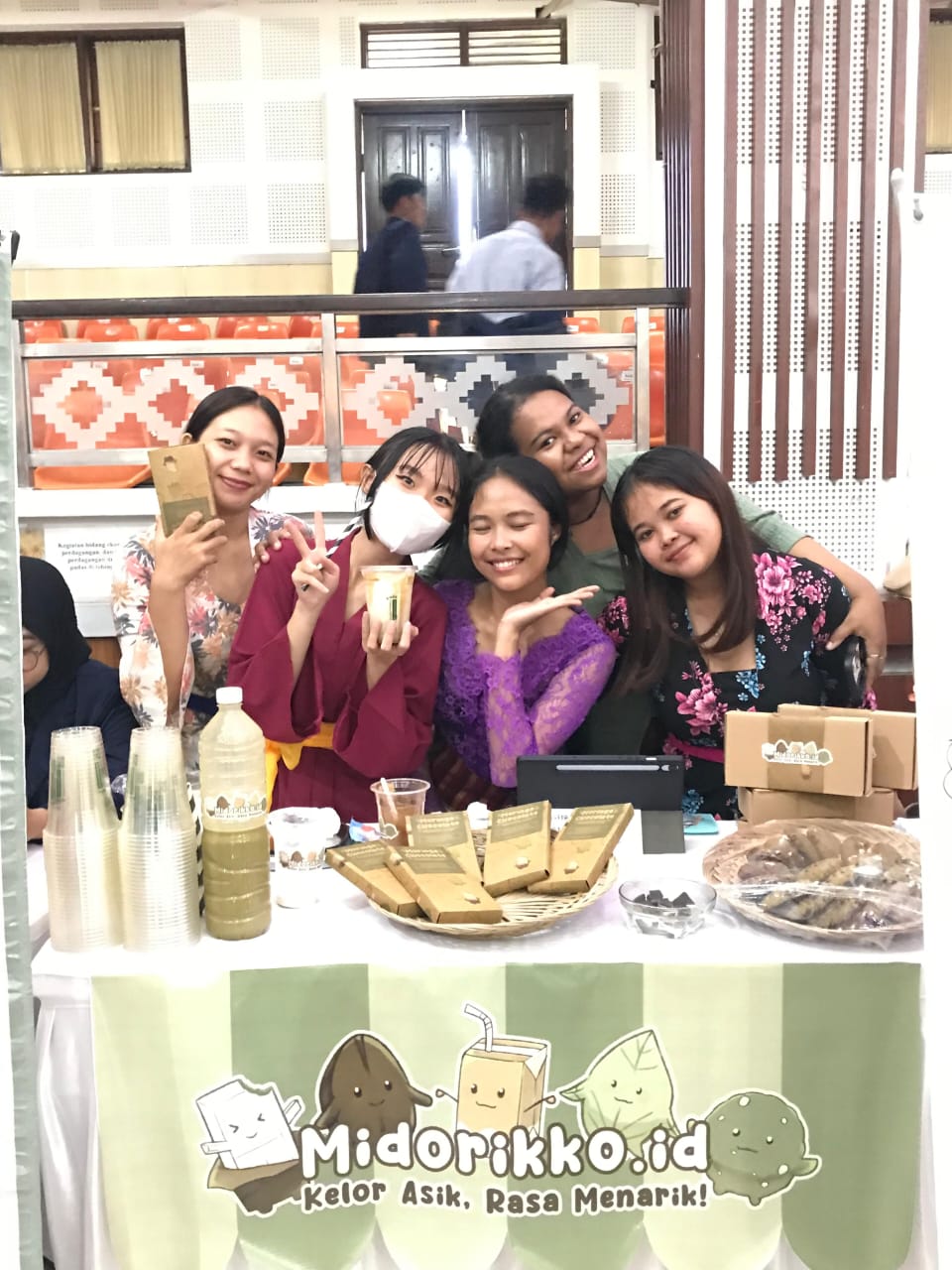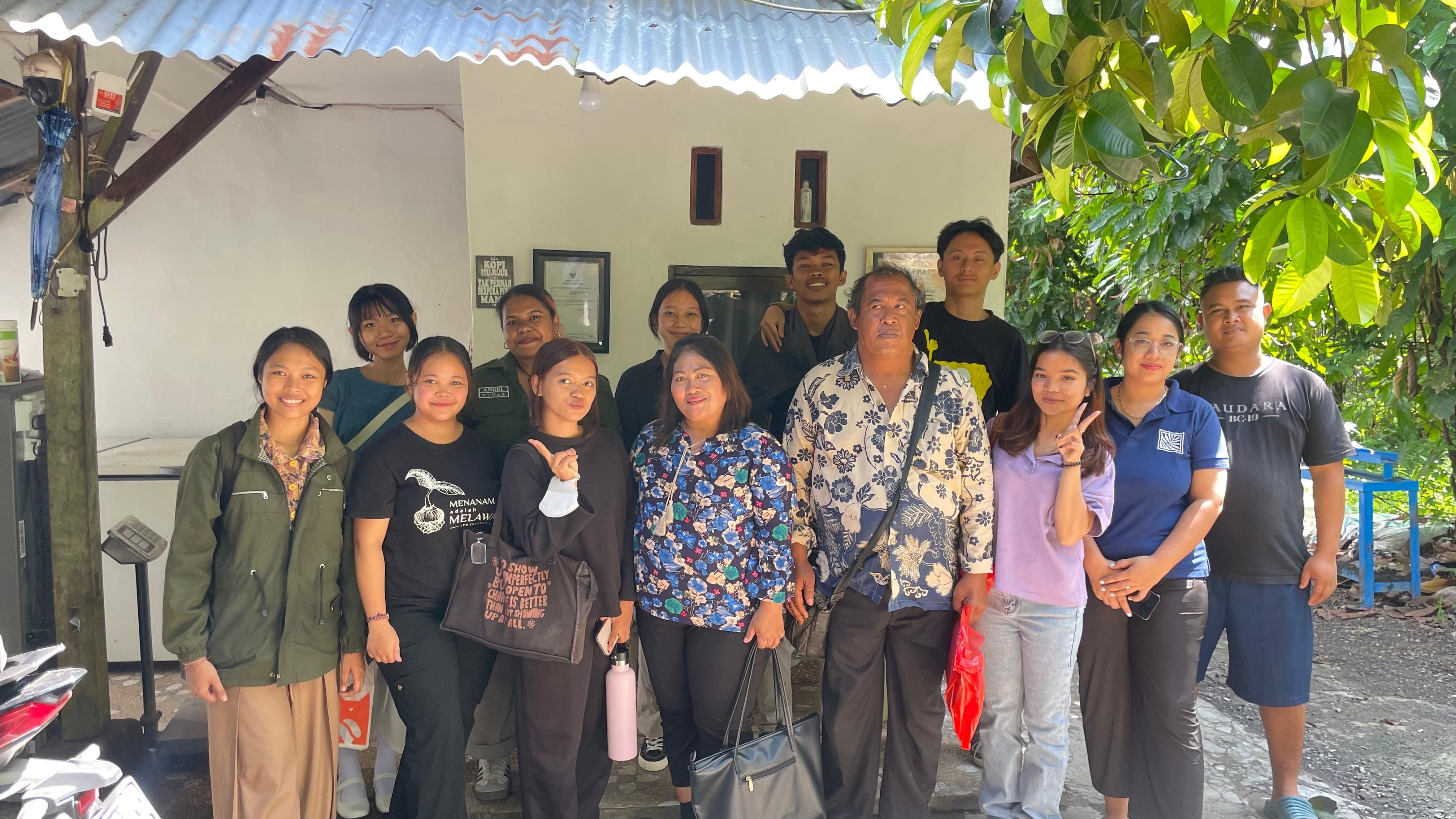MEXT STUDENT EXCHANGE PROGRAM - KOBE WOMEN’S UNIVERSITY (2023)
My name is Ni Luh Retza Rizkyananda, a fourth-year student at Udayana University,
who is currently 20 years old. At the end of my sixth semester, I applied for a student
exchange program from the Japanese government, known as MEXT Scholarship Program.
The duration of the program is 1 year and I took 10 courses while studying at my target
university. The university where I studied was Kobe Women's University, known as "Shinjo"
by the local citizen. This university is specifically for women students, located in Kobe,
Japan. Kobe Women's University has two campuses. The first campus is located in the Suma
area and the second is located in Port Island. Every Monday - Friday, I attended lectures at
the Suma Campus. From the dormitory where I live, it only takes 5 minutes to get there by
bus.
While studying at this campus, I had so many new experiences that I never had
before. For example, I was shown so many fun ways to learn and made me feel motivated to
study harder than before. All the teachers here always make sure that I don't experience any
difficulties during the learning process and some of them even tried to teach in two languages
(Japanese and English) so that I always feel more comfortable in receiving all the
information. Lectures in Indonesia, generally asks students to make presentations at least 4-5
times in one semester, and this is usually done in groups. However, while I was studying at
Kobe Women's University, each course here usually asks students to make presentations only
1-2 times in one semester, and this is usually done individually. But sometimes, there are also
presentations that need to be done in groups if necessary.
My main focus while in Japan is learning about Japanese language and culture.
Therefore, the courses I took tend to be related to literature and linguistics. Apart from that, I
also took an international course, called Kokusai Communication Enshuu II, where this
course studied English as a means of communicating with people all over the world. Besides
from academics, the campus also offers several extracurricular activities which are quite
interesting to participate in. In this case, the extracurricular that I took were Modern Dance
Club and English Circle. There was a day when I felt very honored to had the opportunity to
performed modern dance at the campus festival with my Japanese friends. On another day, I
was also given the opportunity to performed traditional dance from Indonesia. The dance I
chose at that time was Lenggang Nyai, a traditional Betawi dance that I had learned since I
was little in the place where I grew up, Jakarta. I made several good friends while I studied
here and we often sharing some information about life in Japan and also in Indonesia. They
are all Japanese, and they also helped me to be more flexible when speaking Japanese. I
found it very helpful.
Speaking of Japanese culture, there are several things that I had to get used to while
living there. The first thing is that Japanese people are always on time. This may already be
an information that many people know, and yes, it’s a fact. It's not just about the time to go to
school or work, but also the arrival of the transportation. Whatever is stated on the schedule
at the station, bus stop, or Google Maps, trains and buses will arrive according to the time on
the schedule. If there is a delay, usually there will always be information conveyed by staff or
notifications via everyone's phone. Second thing is, natural disaster like earthquakes, often
happen. Of course, this is something that has also happened in Indonesia. However, in my
opinion, earthquakes occur more frequently in Japan. The first time I felt a fairly strong
earthquake, a few minutes before, my phone suddenly vibrated and issued a natural disaster
warning alarm. What amazed me was that they announced predictions about this before the
disaster actually occurred. Apart from that, while living in Japan, I’ve already taken part in
fire and natural disaster training twice. The staff of dormitory also gave me a bag containing
emergency food, just in case if something unexpected happens related to disaster.
Japan is basically famous for its nature and various iconic places that are attractive to
foreigners. That’s why, I was invited several times by some teachers at Kobe Women's
University to the places I had never visited before, such as museums and Buddhist temples in
Nara and also the Kabuki theater in Osaka. Both were field trips that support my knowledge
of traditional Japanese culture. Apart from that, I personally also often travel alone to explore
the beauty of Japan. Some of my favourite places to visit are Osaka and Tokyo. When
traveling to Osaka, things that I always search are food, tourist attractions, and also concerts
of my favourite bands or idols. I am also very grateful, because after 4 years I can finally visit
Tokyo again, and this time, I don't have to worry anymore about language barriers and so on.
Traveling alone wherever I want while in Japan somehow makes my mind feel calmer and
has its own satisfaction.
Lastly, I also always tried to manage my time to work on my graduation thesis and
study N2 material for JLPT. Honestly, I felt a lot of burden regarding this, but the teacher
who was also my person in charge while in Japan, Yasuhara-sensei, always supported my
academic progress and took the time to provide input and encouragement for whatever I did. I
felt very helpful about this and became much more enthusiastic about doing everything while
studying in Japan. The reason why I write this experience is so that people in Indonesia,
especially Japanese Literature students, can be motivated to try applying for a scholarship
program at another opportunity. Besides from broadening our knowledge, taking part in a
student exchange scholarship program like this can certainly make us more independent and
have lots of connections with great people outside. Therefore, I strongly encourage Japanese
Literature students to participate in this program, either in person or online.




UDAYANA UNIVERSITY